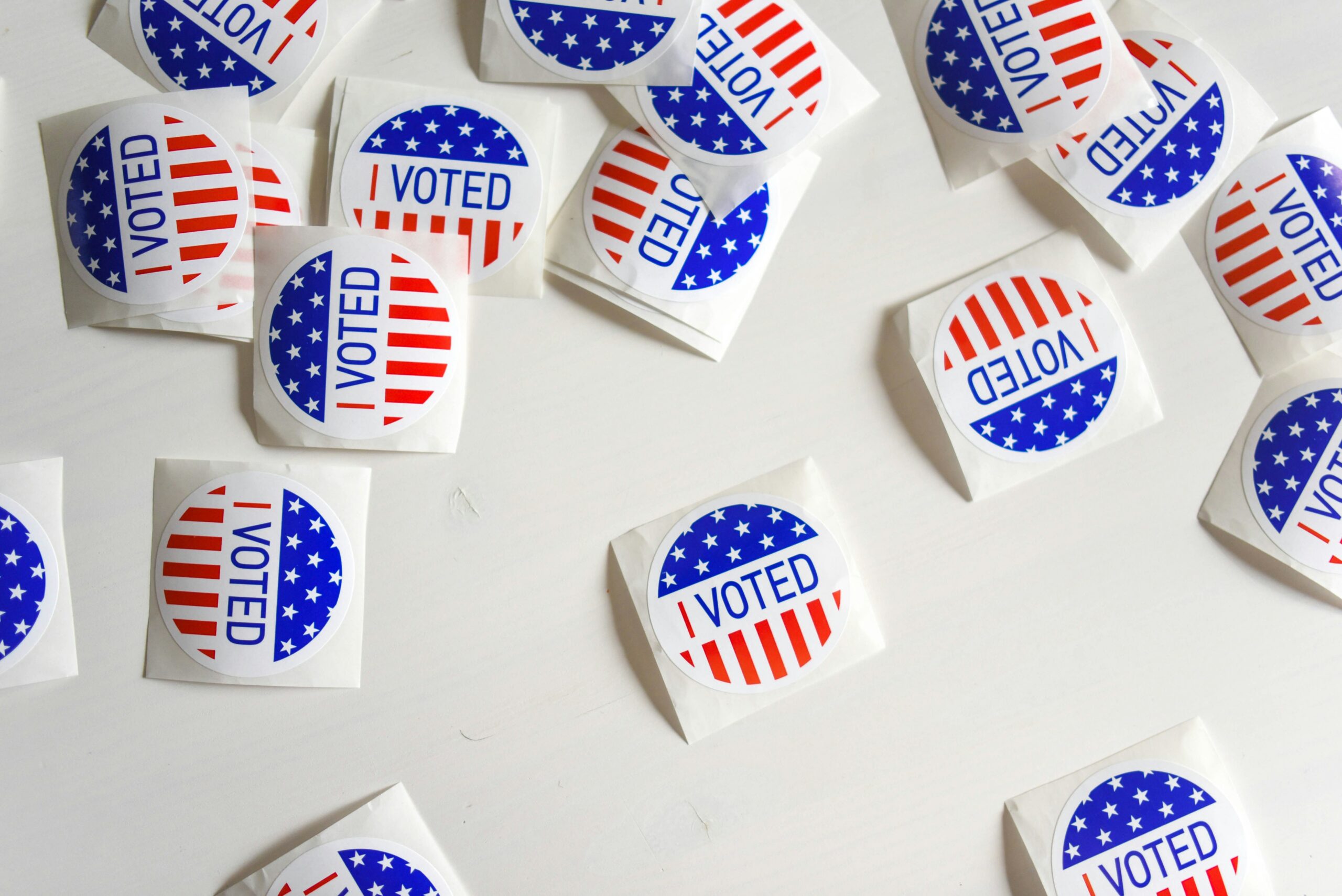Exploring the Role of Behavioral Science in Political Campaigns
Behavioral science plays a significant role in understanding voter decision-making processes. By delving into the realms of psychology and sociology, researchers can unravel the intricate web of factors that sway individuals towards supporting specific candidates or policies. Through the lens of behavioral science, we can grasp how cognitive biases, social influences, and emotional triggers intersect to shape voting behavior.
Moreover, insights derived from behavioral science enable political strategists to craft more effective campaigns. By pinpointing the psychological mechanisms that underpin voter choices, campaign messages can be tailored to resonate with target audiences. Utilizing behavioral science principles, such as framing, social proof, and loss aversion, can enhance the persuasiveness of political messaging and ultimately sway voter preferences in an increasingly competitive electoral landscape.
Understanding the Power of Persuasion Techniques in Political Messaging
Political messaging is a crucial aspect of any election campaign, as it aims to persuade voters to support a specific candidate or party. Persuasion techniques play a significant role in shaping how individuals perceive political messages and ultimately influence their voting decisions. By understanding the power of persuasion, politicians and campaign strategists can tailor their messages to resonate with the target audience and sway their opinions in the desired direction.
One commonly used persuasion technique in political messaging is the use of emotional appeals. Emotional language and imagery can evoke strong feelings in voters, leading them to form a more personal and immediate connection with the candidate or party. By tapping into emotions such as fear, hope, or empathy, political messages can elicit a visceral response that can override logical reasoning and influence voters’ decision-making processes.
Utilizing Social Psychology Principles in Campaign Strategy
Social psychology principles play a significant role in shaping campaign strategies for political candidates. By understanding how individuals perceive and process information, campaigns can tailor their messaging to resonate with voters on a deeper level. For instance, the concept of social norms can be harnessed to influence behavior, such as highlighting how voting is a common civic duty among community members to increase voter turnout.
Likewise, the principle of reciprocity can be leveraged in campaign strategies by offering voters something of value, like helpful resources or personalized interactions, in exchange for their support. This can create a sense of obligation and reciprocity among voters, increasing the likelihood of them engaging with the campaign and ultimately casting their vote in favor of the candidate. Additionally, the principle of social identity can be utilized by emphasizing shared values and beliefs between the candidate and the voters, fostering a sense of belonging and connection that can sway voter decision-making.
Social norms can be used to influence behavior by highlighting common civic duties like voting
Reciprocity can create a sense of obligation among voters by offering something valuable in exchange for support
Emphasizing shared values through social identity can foster a sense of belonging and connection with the candidate
How does behavioral science influence voter decision making?
Behavioral science helps us understand the psychological factors that influence how voters make decisions, such as cognitive biases, social norms, and emotions.
What are some persuasion techniques commonly used in political messaging?
Some common persuasion techniques include framing, social proof, emotional appeals, and the use of fear or urgency to motivate action.
How can social psychology principles be utilized in campaign strategy?
Social psychology principles can be used to create more effective messaging, build stronger connections with voters, and mobilize support through techniques such as social identity theory, social influence, and cognitive dissonance.
Why is it important for political campaigns to incorporate social psychology principles?
By understanding how people think, feel, and behave in social contexts, campaigns can tailor their messaging and strategies to better resonate with voters and ultimately increase their chances of success.







